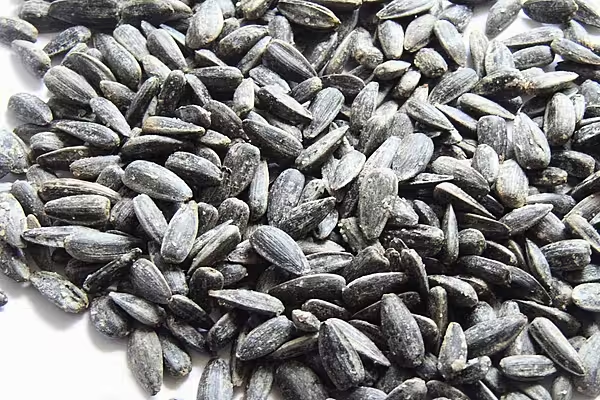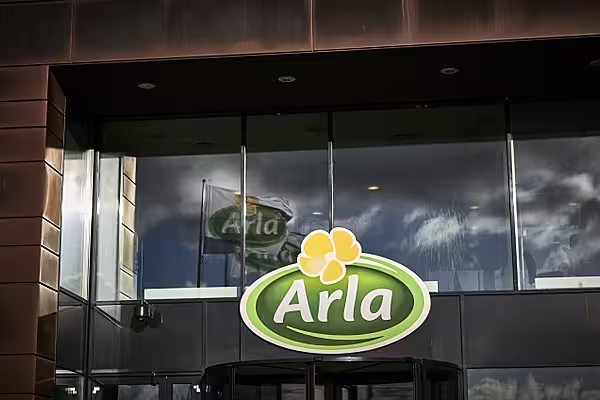Just six months ago, Monsanto Co., the world’s largest seed company, was still painting itself as a predator, saying it would continue to seek acquisitions in crop chemicals after failing to buy Syngenta AG in August.
Now, the St. Louis-based company is the prey, and some investors say they’re fine with the switch.
Bayer AG sweetened its offer to $125 a share - a 21 per cent premium to Friday’s closing price. The two companies getting together is the most-likely scenario, said Susan Dambekaln at Capital Innovation LLC, which manages $1 billion, including 8,526 Monsanto shares. The open question is, for how much?
“Its clear that Monsanto wants a transaction at the highest price possible,” said Jim Russell, a Cincinnati-based portfolio manager at Bahl & Gaynor Inc., which has about $15 billion under management and advisement, including 9,300 Monsanto shares. “They are conducting a public auction for the company, and we like the methodology and the tone so far.”
Analyst Brett Wong at Piper Jaffray Cos. said a price closer to $140 a share is needed to get the deal done. Russell agrees, saying Bayer needs to come back at least once more with a higher price. Monsanto closed Friday at $103.45.
“As long as communication is flowing,” Russell said, “we feel good about a transaction being consummated at the highest price.”
While Monsanto is also in talks to acquire agricultural-chemical assets from BASF SE, neither Russell nor Dambekaln expect that deal to happen.
Seed and chemical makers are consolidating as they look to expand crop productivity to meet rising food demand. Dow Chemical Co. and DuPont Co. announced a plan in December to merge and then break into three entities, including a Monsanto-sized agriculture company. China National Chemical Corp. said in February it reached a deal to buy Syngenta.
In January, Monsanto Chief Executive Officer Hugh Grant was pushing for a takeover of Syngenta, saying he saw “significant opportunity there for the integrated platform.” By April, Grant told analysts the company would focus on smaller deals like joint ventures and partnerships, as well as rely on its own pipeline of innovation. Large-scale mergers and acquisitions, he said then, were no longer a strategy.
Bid Rejected
The Bayer bid is being evaluated by Monsanto, which rejected the company’s offer of $122 a share in May. The seed maker has revived talks with BASF about a possible combination of their agrochemicals businesses, according to people familiar with the matter, who asked not to be identified as the discussions are private. Discussions are at an early stage, and no final decisions have been made as talks with Bayer are continuing, they said.
The $3-a-share increase probably isn’t even enough to get Monsanto to open its books for due diligence, according to Jeffrey Zekauskas, a JP Morgan Chase & Co. analyst. Monsanto said the original bid “significantly undervalued” the company, and will be uninterested in transactions at these prices, he said in a report.
Bayer also hasn’t offered a big enough breakup fee, Zekauskas said. The German company said it would pay Monsanto $1.5 billion if the deal doesn’t pass muster with regulators. That’s half what ChemChina provided Syngenta, and a Bayer-Monsanto combination is likely riskier, he said.
The breakup fee showed “a serious lack of confidence” by Bayer that a deal will get done, Mark Connelly, a research analyst at CLSA Americas LLC, said in a report to clients. He noted Monsanto had offered a $4 billion fee in its failed bid for Syngenta, so a figure around that amount would be “a logical place to start” for Bayer, he said.
With hefty profit margins for both businesses, a Bayer-Monsanto combination would create “an innovative, global organization” that would generate free cash flow, Dambekaln said in an e-mailed note.
“That’s an attractive business model for a shareholder,” she said.
News by Bloomberg, edited by ESM. To subscribe to ESM: The European Supermarket Magazine, click here.














